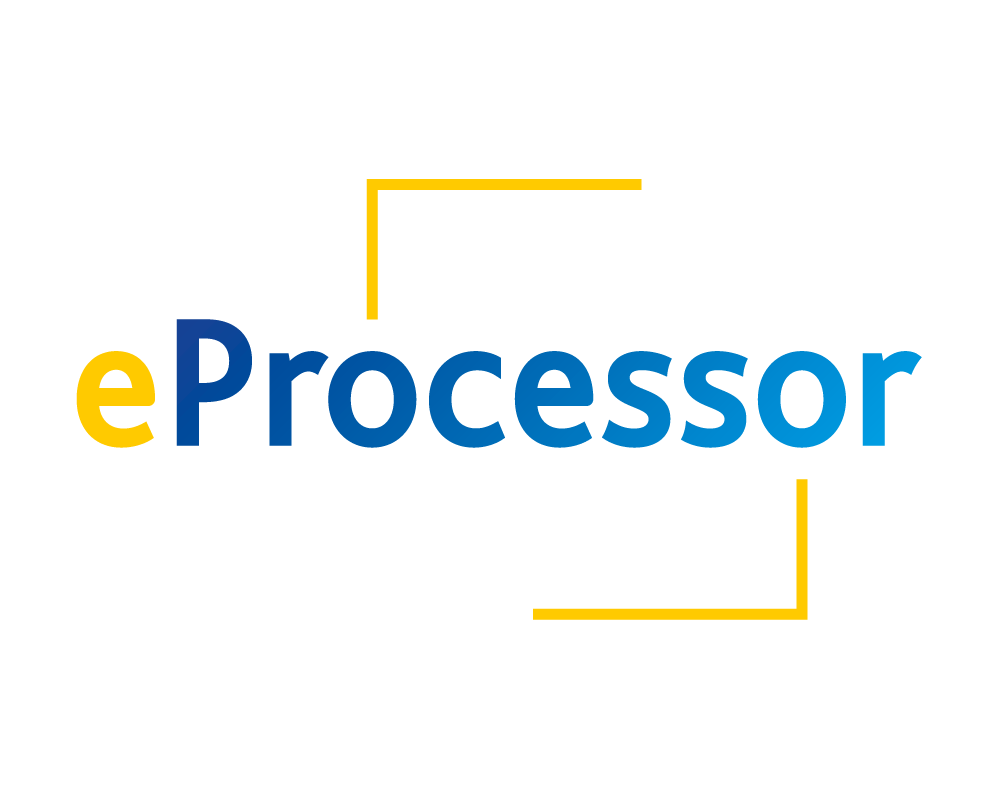Parallel applications often rely on work stealing schedulers in combination with fine-grained tasking to achieve high performance and scalability. However, reducing the total energy consumption in the context of work stealing runtimes is still challenging, particularly when using asymmetric architectures with different types of CPU cores. A common approach for energy savings involves dynamic voltage and frequency scaling (DVFS) wherein throttling is carried out based on factors like task parallelism, stealing relations, and task criticality. This article makes the following observations: (i) leveraging DVFS on a per-task basis is impractical when using fine-grained tasking and in environments with cluster/chip-level DVFS; (ii) task moldability, wherein a single task can execute on multiple threads/cores via work-sharing, can help to reduce energy consumption; and (iii) mismatch between tasks and assigned resources (i.e., core type and number of cores) can detrimentally impact energy consumption. In this article, we propose EneRgy Aware SchedulEr (ERASE), an intra-application task scheduler on top of work stealing runtimes that aims to reduce the total energy consumption of parallel applications. It achieves energy savings by guiding scheduling decisions based on per-task energy consumption predictions of different resource configurations. In addition, ERASE is capable of adapting to both given static frequency settings and externally controlled DVFS. Overall, ERASE achieves up to 31% energy savings and improves performance by 44% on average, compared to the state-of-the-art DVFS-based schedulers.
Download Here (Open Access)
